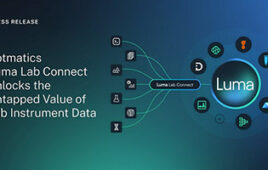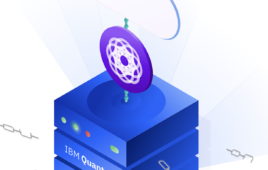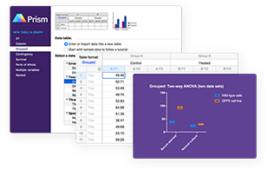 NASA’s Asteroid Data Hunter contest series will offer $35,000 in awards over the next six months to citizen scientists who develop improved algorithms that can be used to identify asteroids. This contest is being conducted in partnership with Planetary Resources of Bellevue, WA.
NASA’s Asteroid Data Hunter contest series will offer $35,000 in awards over the next six months to citizen scientists who develop improved algorithms that can be used to identify asteroids. This contest is being conducted in partnership with Planetary Resources of Bellevue, WA.
The first contest in the series will kick off on March 17, 2014. Prior to the kick off, competitors can create an account on the contest series Web site and learn more about the rules and different phases of the series by going to: http://bit.ly/AsteroidHunters
Managed by the NASA Tournament Lab, the entire series runs through August and is the first contributing to the agency’s Asteroid Grand Challenge.
“For the past three years, NASA has been learning and advancing the ability to leverage distributed algorithm and coding skills through the NASA Tournament Lab to solve tough problems,” said Jason Crusan, NASA Tournament Lab director. “We are now applying our experience with algorithm contests to helping protect the planet from asteroid threats through image analysis.”
The Asteroid Data Hunter contest series challenges participants to develop significantly improved algorithms to identify asteroids in images captured by ground-based telescopes. The winning solution must increase the detection sensitivity, minimize the number of false positives, ignore imperfections in the data, and run effectively on all computer systems.
“Protecting the planet from the threat of asteroid impact means first knowing where they are,” said Jenn Gustetic, Prizes and Challenges Program executive. “By opening up the search for asteroids, we are harnessing the potential of innovators and makers and citizen scientists everywhere to help solve this global challenge.”
Gustetic and Jason Kessler, Grand Challenges Program executive, will host a panel March 10 at the South by Southwest Festival in Austin, TX, titled “Are We Smarter than the Dinosaurs?” to talk about how open innovation can meaningfully engage people in discussions on and research into space exploration and help us solve problems of global importance. They will provide an outline of the Asteroid Data Hunter contest series and other efforts to detect asteroid threats, as well as ideas for mitigating these threats.
“Current asteroid detection initiatives are only tracking one percent of the estimated objects that orbit the Sun. We are excited to partner with NASA in this contest to help increase the quantity and knowledge about asteroids that are potential threats, human destinations, or resource rich.” said Chris Lewicki, President and Chief Engineer of the asteroid mining company Planetary Resources. “Applying distributed algorithm and coding skills to the extensive NASA-funded Catalina Sky Survey data set will yield important insights into the state of the art in detecting asteroids.”
Through NASA’s asteroid initiative, the agency seeks to enhance its ongoing work in the identification and characterization of near-Earth objects for further scientific investigation. This work includes locating potentially hazardous asteroids and identifying those viable for redirection to a stable lunar orbit for future exploration by astronauts. The Asteroid Grand Challenge, one part of the asteroid initiative, expands the agency’s efforts beyond traditional boundaries and encourages partnerships and collaboration with a variety of organizations.
The algorithm contests are managed and executed by NASA’s Center of Excellence for Collaborative Innovation (CoECI). CoECI was established at the request of the White House Office of Science and Technology Policy to advance NASA open innovation efforts and extend that expertise to other federal agencies. CoECI uses the NASA Tournament Lab (NTL) for its advanced algorithmic and software development contests. Through its contract with Harvard Business School in association with Harvard’s Institute of Quantitative Social Science, NTL uses the topcoder platform to enable a community of more than 600,000 designers, developers and data scientists to create the most innovative, efficient and optimized solutions for specific, real-world challenges faced by NASA.
For more information on NASA’s Center of Excellence for Collaborative Innovation, visit: http://www.nasa.gov/coeci
For more information on Planetary Resources, visit: http://www.planetaryresources.com
For more information on NASA’s asteroid initiative, visit: http://www.nasa.gov/asteroidinitiative




